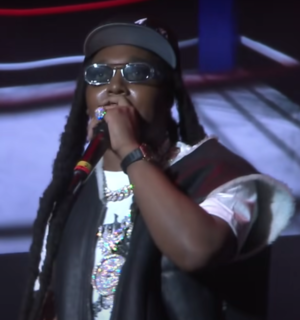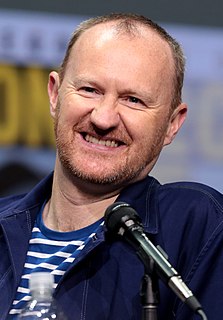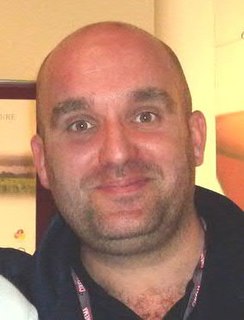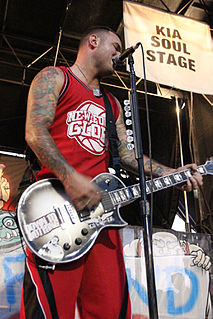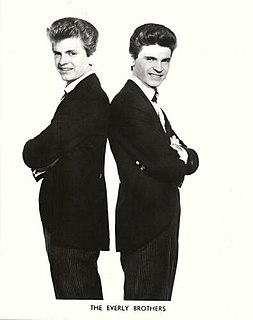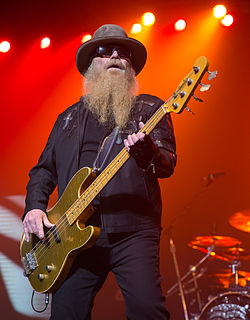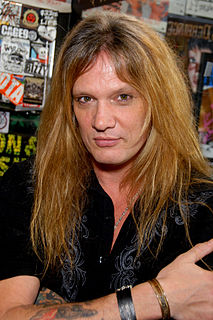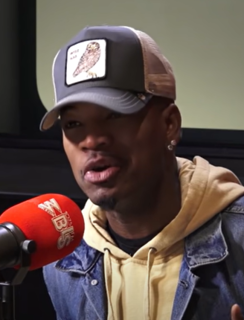A Quote by Takeoff
Before we were Migos, we were called Polo Club and wore them thangs. It was cool back then, but now it's whack.
Related Quotes
I came to New York for the first time with Peter Buck at age 19. We spent a week living out of a van on the street in front of a club in the West 60s called Hurrah. It's where Pylon played. I saw Klaus Nomi play there. And Michael Gira's band before he did Swans-they all wore cowboy boots and were so cool and had great hair. I was so jealous.
If you look back on the period, the 1980s has never been seen as cool. You think of the music, and it always has a kitsch quality to it because everyone looks so ridiculous. Even the Nineties, with The Stone Roses and other bands, was cool before the Eighties. It really missed the boat! The Sixties was always cool, even then. That was my Dad's era and I was always jealous of that. But now, as an adult, looking back, we were part of this mental time. It was the most enormous amount of tribes that could have ever existed in one place.
There is a principle of human affairs that goes back millennia, which is that you don't look in the mirror. You can trace this principle back to the Bible. The designated intellectuals of that time are called prophets, which is a mistranslation of a Hebrew word, but they were basically intellectuals, giving geopolitical analysis, criticizing the moral practice of leadership, etc. Now, these people were not treated very nicely. There were other intellectuals who were treated nicely, namely those who centuries later came to be called false prophets. These were the flatterers of the court.
These boys, now, were living as we'd been living then, they were growing up with a rush and their heads bumped abruptly against the low ceiling of their actual possibilities. They were filled with rage. All they really knew were two darknesses, the darkness of their lives, which were now closing in on them, and the darkness of the movies, which had blinded them to that other darkness, and in which they now, vindictively, dreamed, at once more together than they were at any other time, and more alone.
Before the church responded, a lot of people would ask us, 'Are you afraid of what the church would say?' And Trey and I were like, 'They're going to be cool.' And they were like, 'No, they're not. There are going to be protests.' And we were like, 'Nope, they're going to be cool.' We weren't that surprised by the church's response. We had faith in them.
My parents were on the Grand Ole Opry. They traveled all over the country singing hillbilly music. That's what they called it back then. They were friends with Roy Acuff and the Delmore Brothers and the Carter Family. And all of my brothers and sisters who were older than me started on the show, after they were big enough to hold a guitar and sing.
Go back to the Bible, the Old Testament. I mean there were people who we would call intelectuals, there, they were called prophets, but they were basically intelectuals: they were people who were doing critical, geopolitical analysis, talking about the decisions of the king were going to lead to destruction; condemning inmorality, calling for justice for widows and orphans. What we would call dissident intelectuals. Were they nicely treated? No, they were driven into the desert, they were imprisoned, they were denounced. They were intelectuals who conformed.
